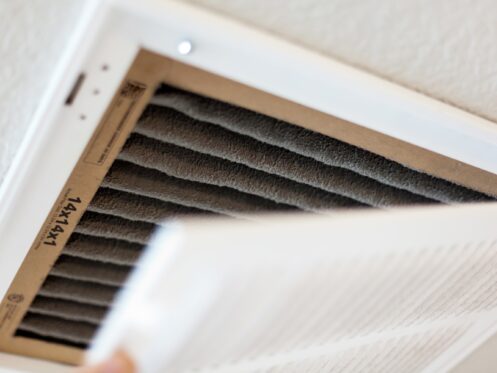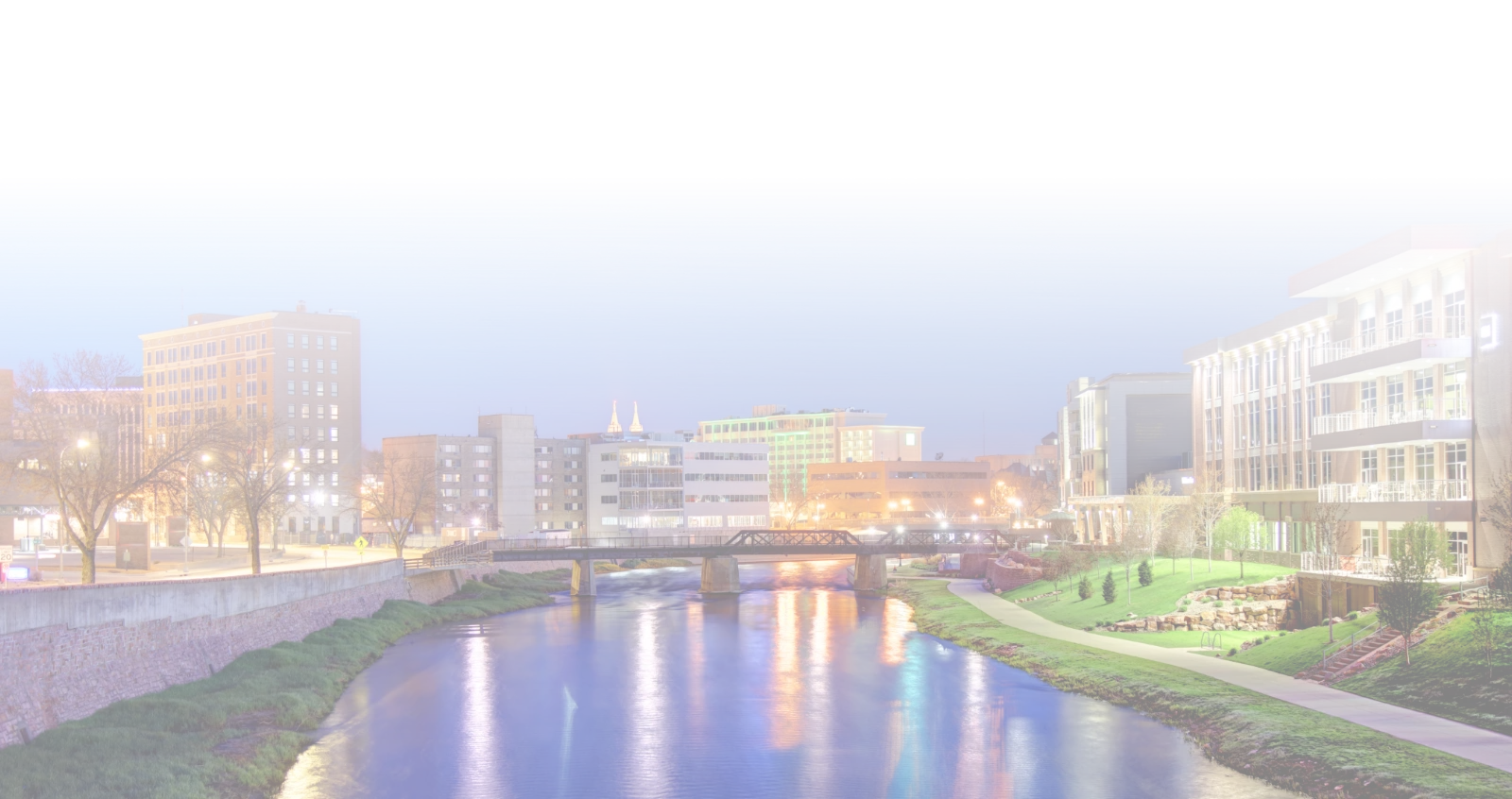Air filters are a common method of increasing indoor air quality, but we don’t tend to think of exactly how they do so or why they are important. They provide many benefits to residences in Sioux Falls, SD, some of which we may not realize. Here are three reasons why air filters are important for every homeowner, especially during the summer heat.
1. They’re Essential for Your HVAC System
Your HVAC unit must be clean to function properly. Without an air filter, it must work harder. When you don’t change your air filter regularly, the expired air filter releases debris and fibers into your AC’s moving parts. It could result in needed AC repairs during the summer.
Your HVAC air filter keeps pollutants from contaminating your air through the unit. That’s why choosing a quality air filter and changing it regularly helps to maintain your HVAC efficiency. Remember though, you must still have regular HVAC maintenance performed by a professional. They can clean areas you can’t reach and check for issues you’re not equipped to handle.
2. They Improve Indoor Air Quality and Enhance Comfort
Your HVAC unit helps you regulate the temperature in your home. As a whole-home system, it circulates air throughout your living space. It has an air filter to capture particles that could lead to extra heat during the summer in Sioux Falls, respiratory issues, and increased allergies. Those particles are pollutants you don’t want: dust, pollen, and pet dander. They get tracked in from the outdoors and accumulate inside, so maintaining your indoor air quality is a continuous process.
3. You Can Choose an Air Filter for Your Needs
The most important function of an HVAC filter is to prevent debris building up from the air it takes in, but that doesn’t mean it can’t have extra features. Depending on the air filter you choose, you can focus more on the air quality throughout your home rather than just that in your HVAC unit. Let’s consider a few options.
Flat Filter
The most common type of air filter uses thin fiberglass to maintain the cleanliness of your HVAC. Some are pleated, which offers a similar size with greater filtration while maintaining airflow.
Extended Media Filter
This type is also a flat filter but thicker, and it has a mid-level MERV rating. You must have an HVAC technician install this type.
HEPA (High-Efficiency Particulate Air) Filter
This is another common type of air filter, but it is far more efficient than its counterparts. In theory, a HEPA filter can eliminate virtually all contaminants in the air you breathe.
How Often Should You Change Your Air Filter?
If you have an air filter but do not change it regularly, you run the risk of your HVAC unit’s internal components becoming clogged up. Your system will be less efficient, and as it struggles to keep you comfortable with decreased airflow, it can overheat.
The frequency at which you should change your air filter depends on the type you have and the conditions in your home. According to ENERGY STAR, filters should be changed at a minimum every three months.
HEPA vs. MERV
You can choose a HEPA air filter for a guaranteed high-quality level of filtration of pollutants. However, only some are true HEPA. HEPA stands for “high-efficiency particulate air” filter, and only if it meets the Department of Energy’s standards is it true HEPA. It must remove a minimum of 99.97% of dust, pollen, mold, bacteria, and other airborne particles that are 0.3 microns in size.
Non-HEPA air filters have a MERV rating, which measures how well they filter pollutants from the air. MERV stands for “minimum efficiency reporting value,” which can range from 1 to 20. A rating of MERV 1-4 removes particles of 10 microns in size or larger, MERV 11 removes particles 1 micron in size, and MERV 13 removes particles 0.3 microns in size. A true HEPA filter has an equivalent MERV rating of 17 to 20. Most residences in Sioux Falls do well with air filters that have a MERV rating of 6-13, with an average of 8-10. MERV 11 is considered too high except for residential occupants with respiratory issues.
Depending on the MERV rating, an air filter can filter out the following pollutants:
- Low: Most dust, pollen, and fibers
- Mid-level: Pet dander, VOCs, and smoke
- Highest (medical-grade): Pathogens
Contact Us About Your Indoor Air Quality in Sioux Falls, SD
Choosing the right air filter for your needs is more than just figuring out the MERV rating for your home or choosing a HEPA filter. You must also take into account whether you have any pets, smokers, or people with respiratory issues in your household. You must also consider your budget and how often you use your HVAC system.
At Waterbury Heating & Cooling, Inc., we understand air quality. When we evaluate your home’s air, we’ll consider the building’s structure and measure indoor pollutants. You can rely on us during the summer and all year long to provide prompt, knowledgeable, and thorough service whether you need HVAC maintenance, repair, or a new installation. Contact us today to learn more about how we can make your Sioux Falls home comfortable.


